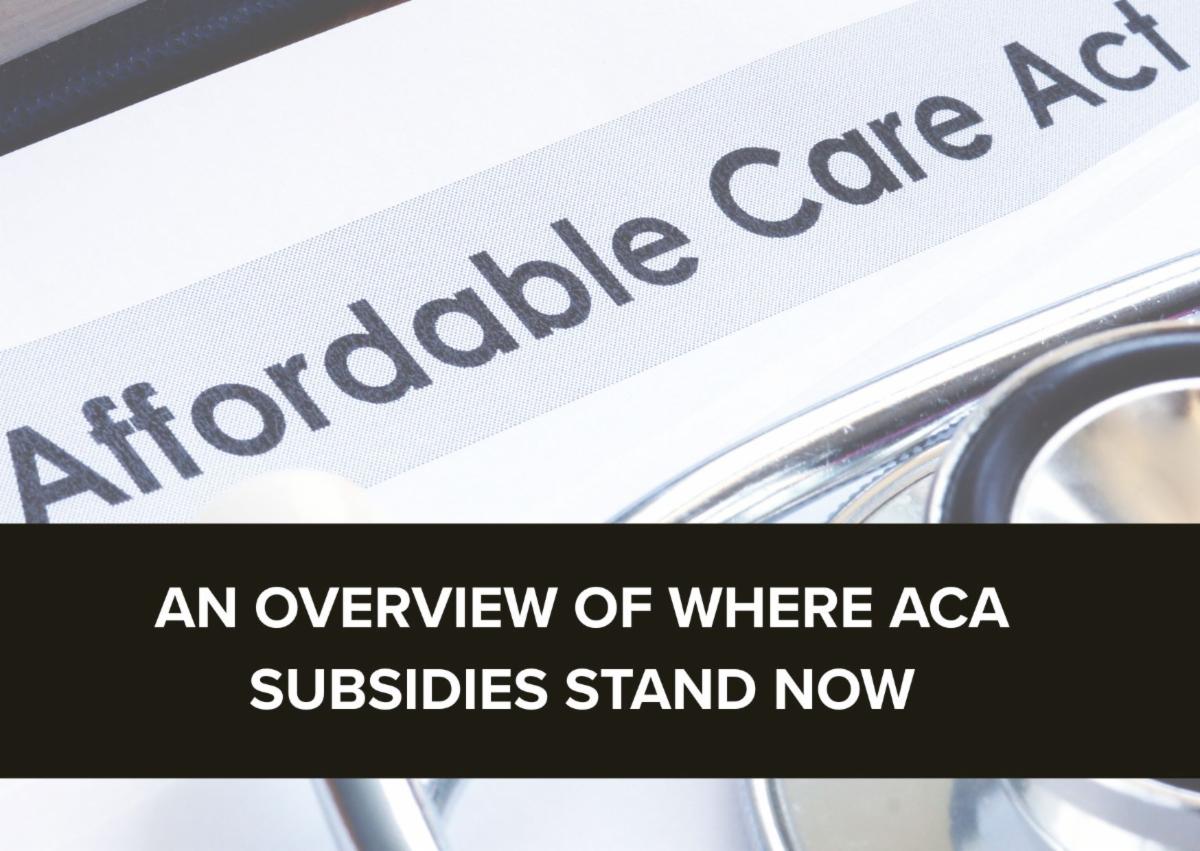Call today for quotes on
or
Newsletter
ACA February 2026
|
Get support from reliable and trusted professionals in Etstate Planning, Elder Law, Patient advocates, Senior Living and many National Resources.

We offer a comprehensive set of Affordable Care Act (“Obamacare”) plans
to individuals and families qualified to buy health (tax- and non-tax subsidized) insurance and dental/vision and/or hearing plans through the Federal marketplace (this is called buying “on-exchange” or “on-marketplace”) or directly from insurance carriers (this is referred to as buying “off-exchange or -marketplace”). Our Affordable Care Act policies comply with the Affordable Care Act and contain all of the “essential health benefits” required by that law.We offer association group health insurance plans
to those who can qualify and are looking for less expensive alternatives to Affordable Care Act plans.The dental/vision and/or hearing insurance
products are available both on an insured or discount basis.We offer short-term health insurance policies
for those who are looking for coverage for a maximum of up to 36 months (depending on state law).We offer Medicare Supplement, Medicare Advantage, and Part D Drug plans
to Medicare-eligibles. Our site is compliant with federal, state, and carrier guidelines in selling these policies. See the Medicare-eligibles section of this site for details.We represent many carriers that offer supplemental benefits
to both individuals and families and Medicare beneficiaries, and the site contains information about hospital indemnity, cancer, critical illness, accident, and international medical insurance offered by many different carriers. This section of the site also contains valuable information and tools about lowering the cost of prescription medications. Call us if you want more information about or would like to enroll in one of these products.We also offer Short- and Long-Term Disability products
and can also help you meet the costs of long-term care, nursing home, or short-term (recovery) care needs.Finally, we have a complete array of Life, Final Expense, and Annuity products
and offer pre-need services in Florida, as we have both life insurance and pre-need licenses in that state.You pay nothing for our services:
we’re paid directly from the carriers we represent, Premiums are NEVER EVER marked up to include paying us for our services: you pay the same whether you order directly from the carrier or the marketplace on your own or directly through us or from our site.We ONLY offer alternatives that are suitable for you and for which we feel meet YOUR needs.
When or if we feel a product or service is not appropriate for you from either a cost or benefit point of view we will tell you so.
We’re fully compliant with privacy and security guidelines, have signed all required privacy and security agreements, have developed a privacy and security policy, and take extraordinary steps to safeguard your protected health and personal information.
In short, we’re experts in all aspects of health and life insurance and also have relationships with professionals who can help you with very specialized situations.











